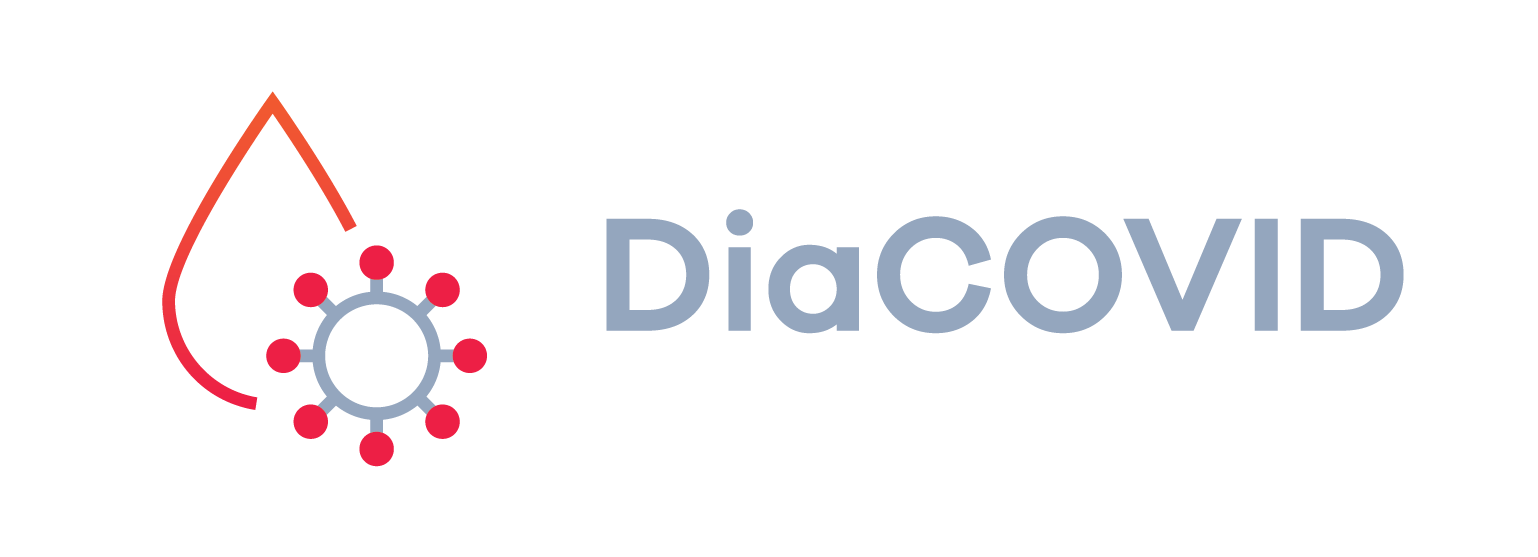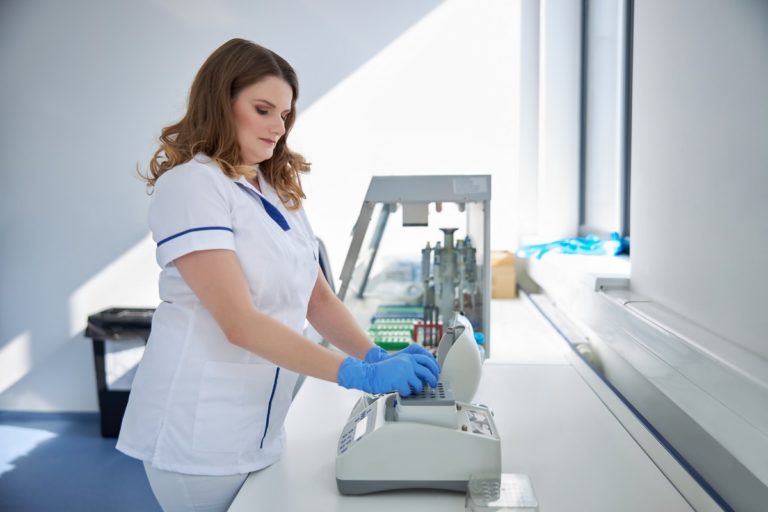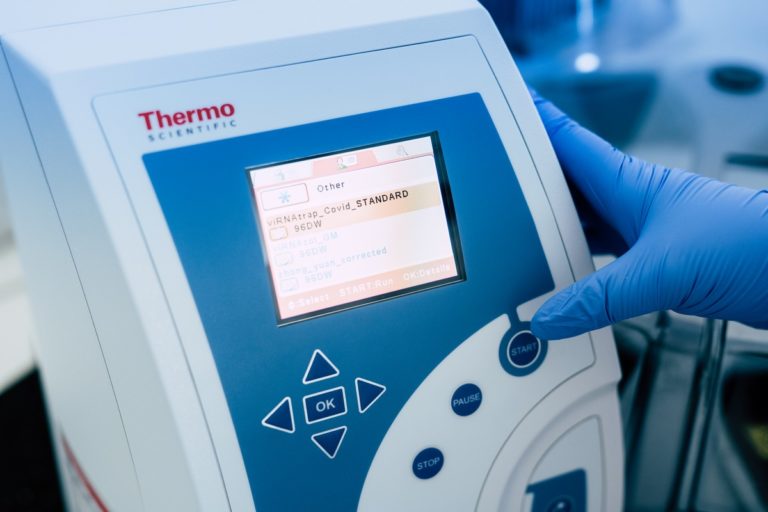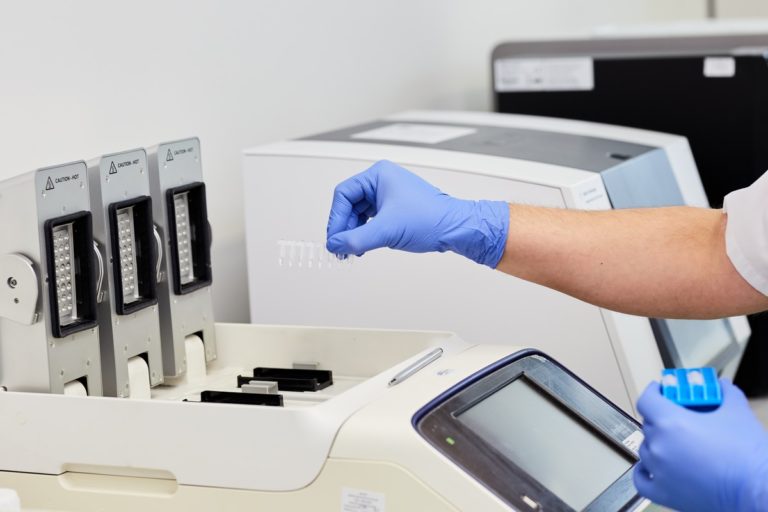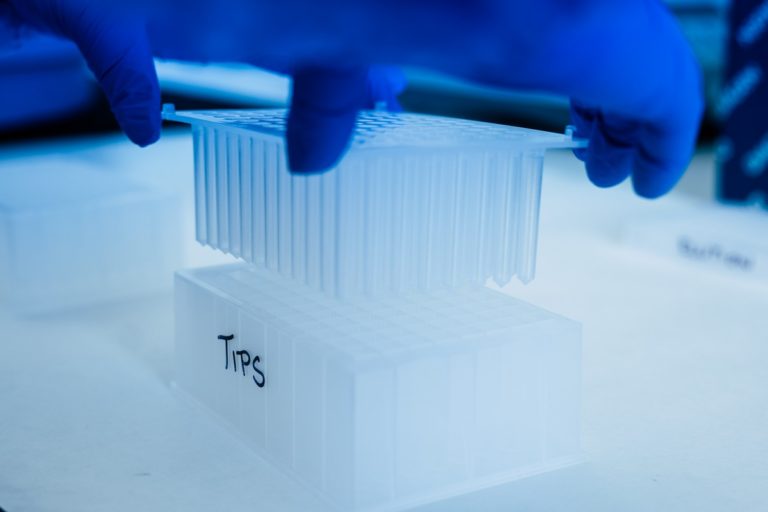DIACOVID




The main goal of the project
The aim is to conduct research and development of serious lifestyle diseases (also known as civilization diseases) and their complications caused by acute viral diseases (COVID-19 will serve as a model in order to gain new knowledge also applicable to other similar diseases) to gain understanding enabling the support and development of clinically applicable innovative procedures for the treatment of patients suffering from a combination of these diseases.
The subject of the project
The project will examine the relationship between the model severe lifestyle diseases (diabetes mellitus and inflammatory bowel disease) and COVID-19. The latest insights in the original work packages of the MiCoBion project (Microbial Communities in Biomedical and Environmental Areas, and Systems Biology), in particular, the new findings in the field of RNA virus research will also contribute to the research of the relationship between these two diseases.
Project uniqueness
The project comprises an international cooperation with a top scientific team of Charles University in Prague.
The research and development activity of the presented project is defined as an additional joint “work package” increasing the potential of the MiCoBion international project contributing to the fight against the COVID-19 pandemic.
Severe lifestyle diseases and COVID-19
Research activity under the DIACOVID project
Sample collection and research into the course of COVID-19 in the context of lifestyle diseases (diabetes and inflammatory bowel disease)
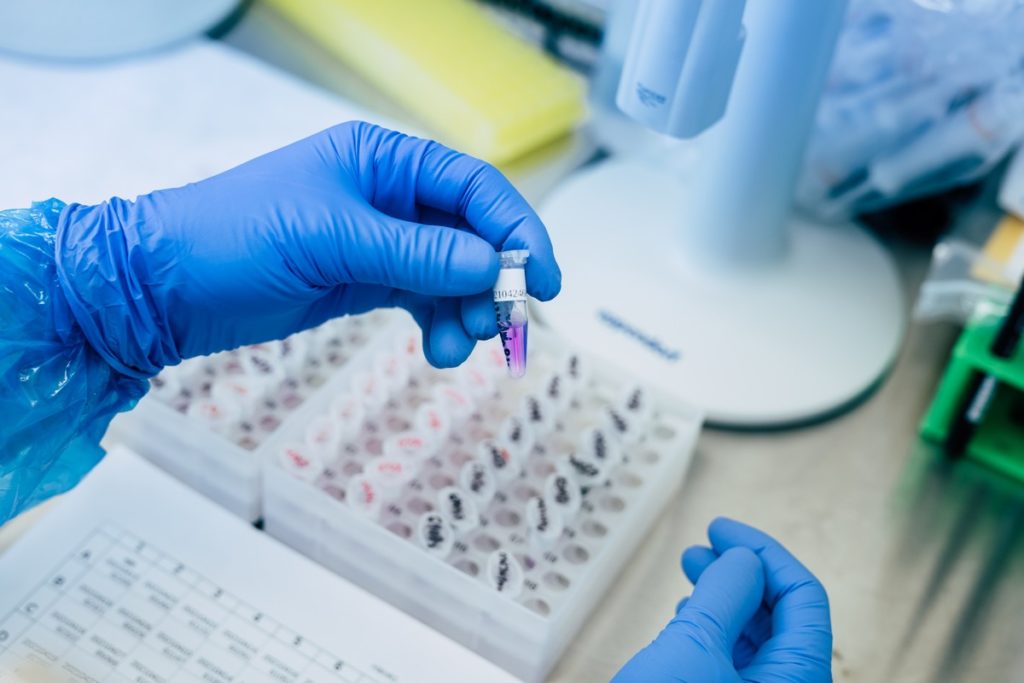
The intention of the DIACOVID project
The project will comprise the following research activity:
- sample collection and research into the course of COVID-19 in the context of lifestyle diseases (diabetes and inflammatory bowel disease),
- introduction and validation of genomic sequencing procedures with different application outputs (genome/metagenome/transcriptome/metatranscriptome),
- identification of new biomarkers to be used in personalized medicine,
- introduction and validation of methods for rapid screening of identified biomarkers useful in routine clinical practice.
